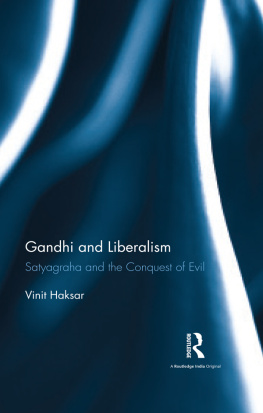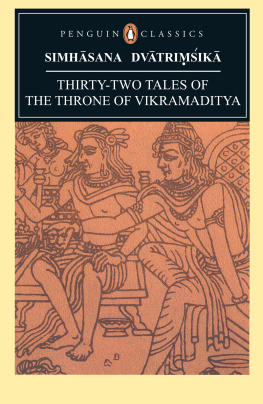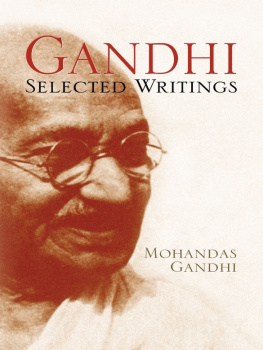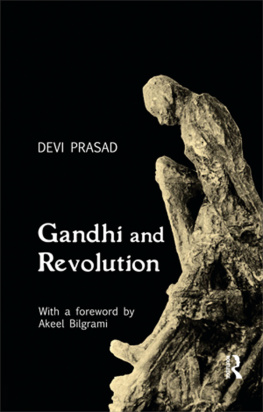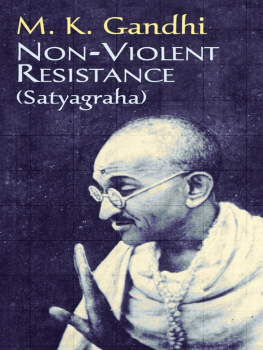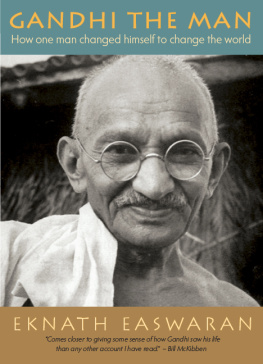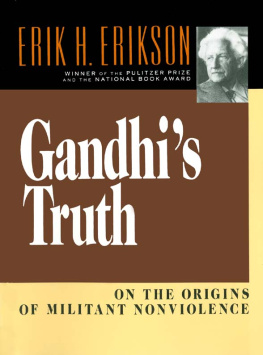First published 2018
by Routledge
2 Park Square, Milton Park, Abingdon, Oxon OX14 4RN
and by Routledge
711 Third Avenue, New York, NY 10017
Routledge is an imprint of the Taylor & Francis Group, an informa business
2018 Vinit Haksar
The right of Vinit Haksar to be identified as author of this work has been asserted by him in accordance with sections 77 and 78 of the Copyright, Designs and Patents Act 1988.
All rights reserved. No part of this book may be reprinted or reproduced or utilised in any form or by any electronic, mechanical, or other means, now known or hereafter invented, including photocopying and recording, or in any information storage or retrieval system, without permission in writing from the publishers.
Trademark notice: Product or corporate names may be trademarks or registered trademarks, and are used only for identification and explanation without intent to infringe.
British Library Cataloguing-in-Publication Data
A catalogue record for this book is available from the British Library
Library of Congress Cataloging-in-Publication Data
A catalog record for this book has been requested
ISBN: 978-1-138-28631-3 (hbk)
ISBN: 978-1-315-10281-8 (ebk)
Typeset in Sabon
by Apex CoVantage, LLC
A very good book, very carefully thought out and explained, backed by lifetimes knowledge of India and contributions to political philosophy.
Professor Sir Richard Sorabji , Honorary Fellow, Wolfson College, Oxford, UK
This unusual and exciting book makes a concerted attempt with clearly argued ideas to present both liberalism and Gandhi on issues such as civil disobedience and overcoming evil in society, and contributes to the present discussion in political theory by making some important corrections in the existing understanding of Gandhi.
A. Raghuramaraju, Professor, Department of Philosophy, University of Hyderabad, India
CONTENTS
Guide
Earlier versions of the following chapters have appeared before as follows:
Chapter One Violence in a Spirit of Love: Gandhi and the Limits of Non-Violence, Critical Review of International Social and Political Philosophy , 15(3): 303324, 2012, www.tandfonline.com. Reproduced and modified with permission.
Appendix to Chapter One Ideals of Perfection, in J. Skorupski (ed.), Routledge Companion to Ethics , Chapter 55, pp. 656665 (London: Routledge, 2010). Used and modified with permission.
Chapter Two Necessary Evil: Justification, Excuse or Pardon?, Criminal Law and Philosophy , 5(3): 333347, 2011. Reproduced and modified with permission.
Chapter Three Religious Groups and Indian Secularism, in V. Haksar (ed.), Rights, Communities and Disobedience , Chapter 4 (New Delhi: Oxford University Press, 2001). Reproduced and modified with permission of Oxford University Press India Oxford University Press 2001.
Appendix to Chapter Three Gandhi and the Public Ethic, Gandhi Marg , pp. 129135, 1974. Used and modified with permission.
Chapter Four Rawls and Gandhi on Civil Disobedience, Section 1, Inquiry , 19(2): 151192, 1976. Used and modified with permission.
Chapter Five Rawls and Gandhi on Civil Disobedience, Section 2, Inquiry , 19(2): 151192 and Coercive Proposals, Political Theory , 4(1): 6579, 1976. Used and modified with permission.
Chapter Six The Right to Civil Disobedience, Osgoode Hall Law Journal , University of Toronto, 41(3): 407426, 2003.
Chapter Seven Postscript, in D. Allen (ed.), The Philosophy of Mahatma Gandhi for the Twenty-First Century , pp. 8098 (Lanham: Rowman & Littlefield Publishers, 2008). Copyright 2008. Used and modified by permission of Rowman & Littlefield Publishing Group. All rights reserved.
I would like to thank the publishers of these articles and Oxford University Press, New Delhi, Rowman & Littlefield Publishers, Lanham, and Routledge for allowing me to revise material initially published by them. I have made some substantial additions to some of the earlier versions, especially . Some stylistic changes have been made across all chapters in this book to the notes and references for the sake of consistency.
An earlier version of was delivered as the N. K. Sen Memorial Lecture at the Department of Philosophy, University of Delhi, March 2010.
I would like to thank the following for very helpful suggestions: Richard Sorabji, Gurpreet Mahajan and A. Raghuramaraju, who all read earlier versions of several chapters of this book. James Tully made valuable comments on . I would also like to thank Deepa Nag Haksar for encouraging my interest in Tagore, Rohan Haksar for introducing me to Maulana Azads Commentary on the First Chapter of the Quran , Mukul Kesavan for stressing the importance of Orwells essay on Gandhi, Kiran Haksar, Andre Beteille, Rajmohan Gandhi and an anonymous assessor for Routledge India for encouraging me with the book. Finally, I would like to thank Priyam Mathur for doing some of the laborious copyediting.
7
Conclusion
In this concluding chapter we shall further examine the basis of Gandhian civil disobedience and non-cooperation. Is it rights based or is it duty based or is it justified in terms of consequences? Or is it a mixture of some of these? We shall also discuss how far Gandhis views are scientific and how far they are a matter of faith.
The importance of duties and the role of consequences
Gandhi believed that we have the right to civil disobedience and he derived this right from the duty of civil disobedience. So the right to civil disobedience for Gandhi (unlike for many contemporary liberals like Rawls) is not rights based but duty based. We have in this book noted a modification of this view; Gandhi too allows rights-based civil disobedience and non-cooperation but the duty-based one is the highest and noblest form. This is because the duty-based one is ultimately based on love.
What justifies the duty of civil disobedience? Gandhi, following Thoreau and others, says it is there because we have a duty not to cooperate with evil. I have called this his argument from integrity. But this argument at best shows why and when there should be disobedience. It does not by itself show why the disobedience must take a civil and non-violent form, instead of a violent form? What is wrong with violent disobedience if non-violent disobedience does not work and why must the disobedients voluntarily submit to punishment? Gandhis answer to such questions involves an appeal to his view that non-violence is superior to violence, that violence is evil and that good ends do not justify the use of evil means.
There are two kinds of reasons for preferring non-violence to violence: consequentialist reasons and deontological or nonconsequentialist ones. According to the latter, violence is inherently wrong whatever the consequences. Gandhi believed in non-violence as a creed or principle and he distinguished his view from the view that adopts non-violence as a policy. On the policy view non-violent civil disobedience is justified if and when it leads to desirable consequences. When it is not effective it can be abandoned in favour of violence, provided violence will deliver the goods, at not too great a cost. Many people such as Nehru joined Gandhis civil disobedience movement as a result of such tactical considerations. Gandhi was aware of this and towards the end of his life he attributed the failure of the non-violent movement to deal with the communal problem to the fact that the movement had lost its purity because it included many who did not regard non-violence as a creed; as a result it became a movement of passive resistance rather than true Ahimsa.

